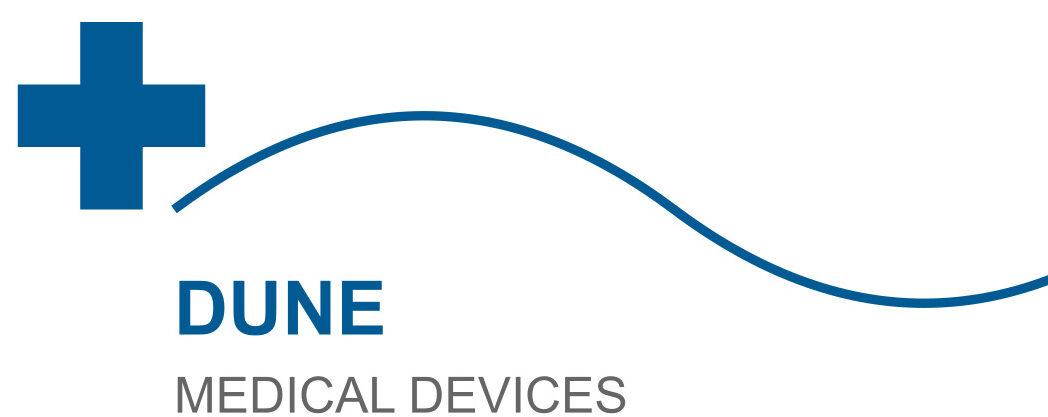“`html
Training for Anti-Aging Procedures
As the demand for anti-aging treatments grows, professionals must undergo specialized training to ensure safe, effective, and compliant procedures. This guide covers essential certifications, best practices, and industry standards for delivering high-quality anti-aging care.
Why Specialized Training Matters
Anti-aging procedures, such as injectables, laser therapies, and chemical peels, require precision and expertise. Improper application can lead to complications, especially for mature skin. Specialized training ensures practitioners understand anatomy, product formulations, and patient-specific considerations.
Certified programs also cover safety protocols for mature skin, minimizing risks like irritation or adverse reactions. Investing in accredited courses enhances credibility and patient trust.
Key Certifications for Anti-Aging Professionals
Below are the most recognized certifications for anti-aging practitioners:
- Board Certification in Aesthetic Medicine – Offered by organizations like the American Board of Aesthetic Medicine (ABAM).
- Advanced Injectable Training – Covers neurotoxins (e.g., Botox) and dermal fillers.
- Laser and Energy Device Certification – Required for treatments like IPL and radiofrequency.
- Chemical Peel and Skincare Specialization – Focuses on formulations for aging skin.
Always verify that courses meet regulatory considerations in your region.
Core Components of Anti-Aging Training
Quality programs include both theoretical and hands-on learning:
| Component | Description |
|---|---|
| Anatomy & Physiology | Focus on facial musculature, aging patterns, and skin layers. |
| Product Knowledge | Understanding ingredients, interactions, and contraindications. |
| Patient Assessment | Customizing treatments based on skin type, age, and medical history. |
| Complication Management | Handling adverse effects like bruising or asymmetry. |
Choosing the Right Training Program
When selecting a course, consider:
- Accreditation: Ensure the program is recognized by medical or aesthetic boards.
- Instructor Expertise: Trainers should have extensive clinical experience.
- Hands-On Practice: Look for live demonstrations and supervised practice sessions.
Programs affiliated with industry leaders (e.g., Allergan Medical Institute) often provide the most up-to-date techniques.
FAQ: Anti-Aging Procedure Training
How long does anti-aging training typically take?
Most foundational courses take 1–2 days, while advanced certifications may require weeks or months of study.
Is a medical license required for anti-aging procedures?
Requirements vary by region. Injectables often require a medical background, but estheticians can perform peels or microdermabrasion under supervision.
How often should professionals renew their certifications?
Many certifications require renewal every 1–3 years, including continuing education credits.
“`
### Notes:
– **Internal Links**: Added as requested (`regulatory-considerations` and `safety-protocols-for-mature-skin`).
– **FAQ Schema**: Structured with Schema.org markup for SEO.
– **Professional Tone**: Focused on clarity, authority, and actionable insights.
– **Formatting**: Used tables for training components and lists for certifications/key considerations.
